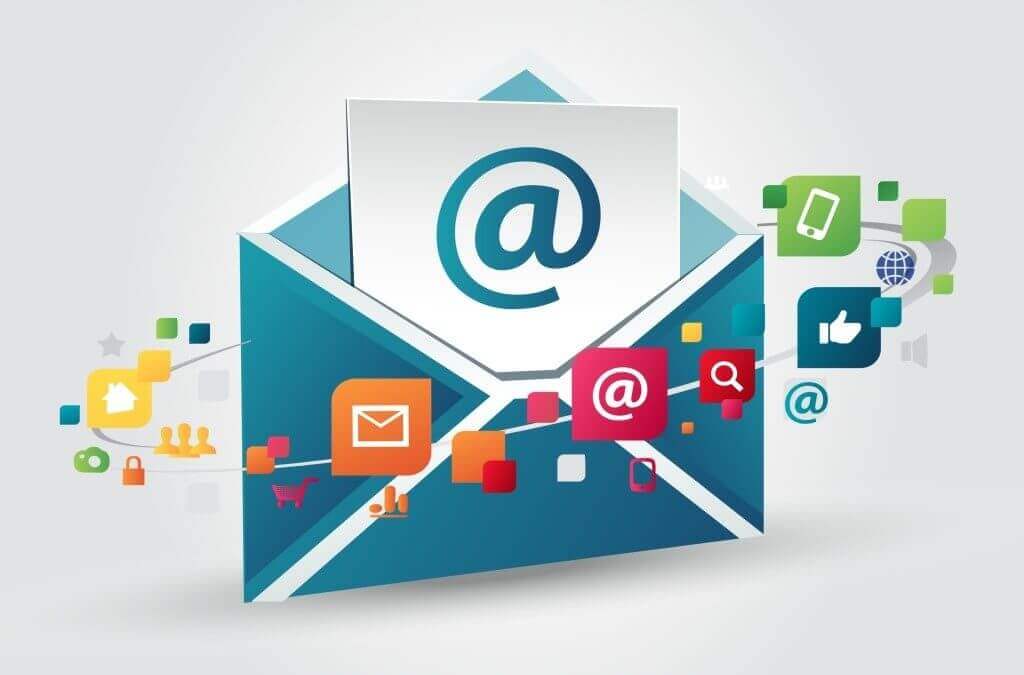
When hotels get started with digital marketing, often the first thing they tend look at is advertising on social media and large search platforms such Google AdWords and Bing. Email marketing is often overlooked, even though it is a vital part of a hotel’s overall marketing activity.
Here’s why:
- Gives a much more personal approach to communication with your audience than ads
- It is less expensive than paid campaigns on AdWords, Bing, or Social
- You can target people who have either stayed with you or, have shown interest in your hotel
- It’s a valuable tool for your book direct strategy
Our client data-set showed users entering the funnel via emails in the past 3-month period, stayed on the site for an average session of 1-2 quarters longer than that of users entering from Social and Display ads.
What’s more, whilst overall audiences on Display and Social ads are higher than emails, the conversion rate for email marketing is more than double that of Social ads and more than 6 times higher than Display ads.
By the end of 2018, worldwide mobile email users are expected to total over 2.2 billion, according to an Emails statistics Report carried out by The Radicati Group.
Hotel email marketing campaigns are intended to engage at multiple touch points throughout a customer’s journey, from targeted booking offers and pre-arrival promotions, to post-stay email surveys and requests for hotel reviews.
At the initial stages of creating your Email campaign ask yourself: Which emails will convert into real bookings and build long-term guest relationships?
How do you measure the success of your email marketing campaigns?
There is a chain of events and steps that make your emails successful.
Your goal here: A high open rate!
The easiest way to ensure this is to build a strong and healthy email data base. You can do this by offering a discount for those who subscribe on your website – this means they’ve already been interested in your hotel as they were on your website, and they are actively “opting in” to receive your emails.




